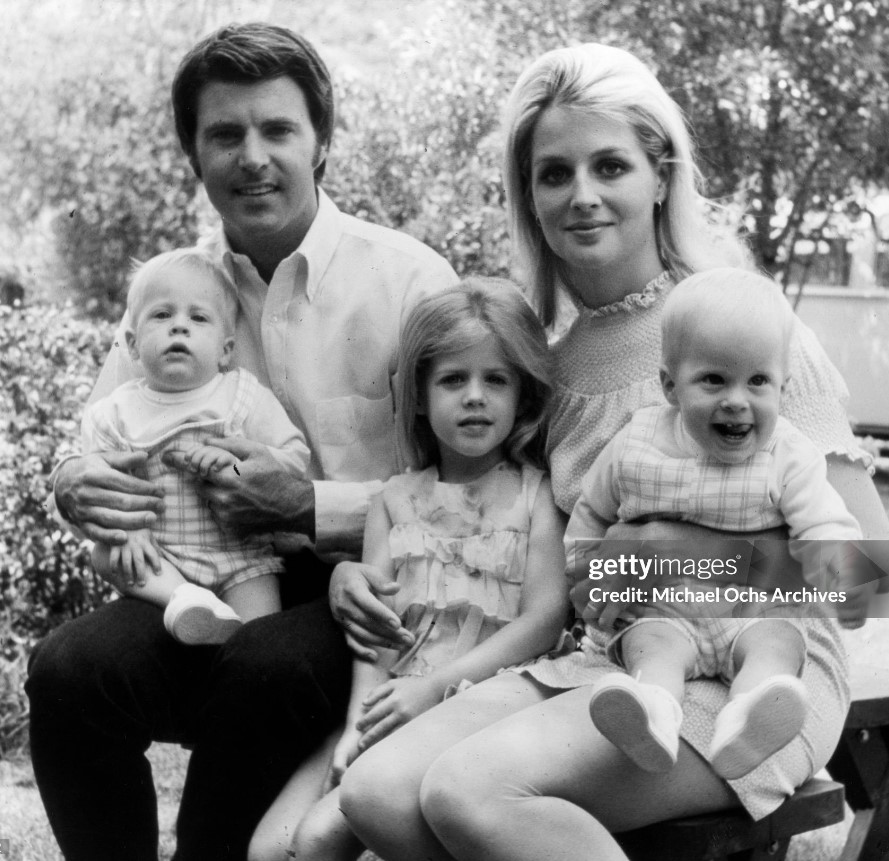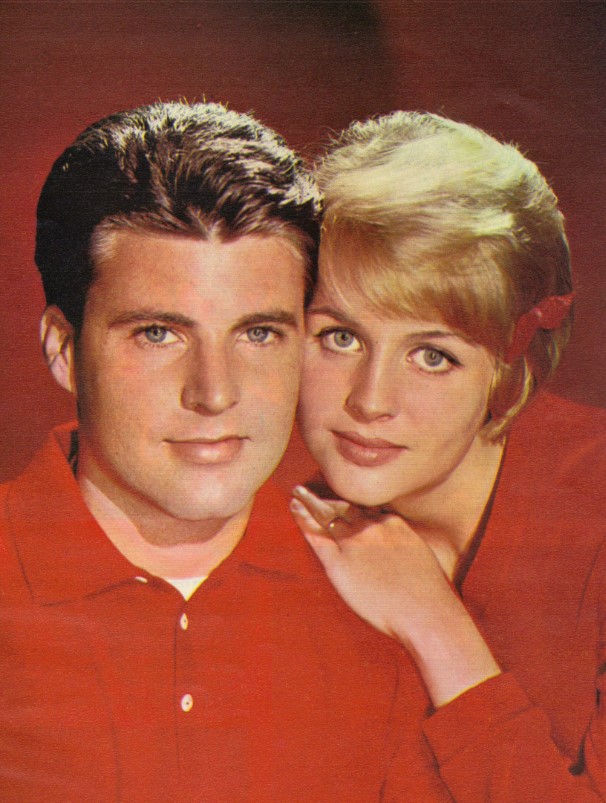
Ricky Nelson – Poor Little Fool
A Timeless Teen Idol Anthem of Heartbreak and Youthful Angst
Ricky Nelson’s "Poor Little Fool" is a poignant and enduring testament to the anxieties and vulnerabilities of teenage life, capturing the essence of youthful heartbreak with a blend of heart-wrenching melody and energetic instrumentation. Released in 1958, the song quickly ascended the charts, becoming a defining moment in the career of the teen idol and demonstrating his ability to transition beyond simple pop to mature emotional territory.
The song’s lyrics paint a vivid picture of a young man grappling with the complexities of love and loss. The narrator, clearly affected by a failed relationship, describes the profound emotional pain of being misled and misunderstood. The raw honesty and vulnerability in the delivery make the song resonate deeply with listeners, regardless of age. The lyrics’ simple yet evocative language speaks directly to the universal experience of heartbreak, finding a perfect echo in the hearts of listeners from various generations. This emotional core is part of what established Ricky Nelson as more than just a catchy pop artist but a performer who could connect with listeners on a deeper level.
Musically, "Poor Little Fool" stands out for its dynamic arrangement. The driving rhythm section, coupled with the memorable guitar riff and Nelson’s distinctive vocal delivery, creates an instantly recognizable and timeless sound. The song is a prime example of the burgeoning rock and roll sound of the era, blending elements of country and pop to create a fresh and compelling package. The instrumental portion of the song skillfully supports Nelson’s vocal performance, creating a balanced and engaging listening experience. The song’s structure, progressing from a measured intro to a powerful crescendo, effectively builds emotional tension and release, reflecting the internal struggle of the narrator.
The song’s success is undeniable. In addition to its immediate impact, Ricky Nelson’s "Poor Little Fool" achieved chart-topping status, reaching the number one spot or a high-ranking position on Billboard charts. Charting prominently during a time when teen idols were often typecast, this achievement proved Ricky Nelson’s ability to connect with an audience beyond the traditional teen demographic. The track’s enduring popularity transcends generations, solidifying its place in rock and roll history.
While "Poor Little Fool" did not garner a Grammy Award nomination, it played a crucial role in shaping Ricky Nelson’s musical identity. It showcased his versatility as a performer, moving beyond the simpler pop tunes that frequently defined him at that time. The ability to successfully transition to more emotive and reflective material demonstrated his progressive evolution as a musical artist. This song, in many ways, anticipated the emotional depth that would increasingly become a hallmark of rock and roll and pop music throughout the later decades. Other artists from the era drew inspiration from this song, underscoring its influence on pop music development.
The significance of "Poor Little Fool" extends beyond its immediate popularity. It serves as a timeless snapshot of the evolving musical landscape in the 1950s, representing a shift towards more emotionally charged and introspective song themes. This shift away from purely lighthearted themes was crucial to a new generation of musicians and songwriters embracing musical storytelling. It demonstrated the power of music to connect with a wide range of listeners, conveying universal experiences in a profoundly emotional way. In its own unique way, Ricky Nelson’s "Poor Little Fool" serves as a benchmark in musical history for its enduring significance in the history of music.
Video
Lyrics
updating



